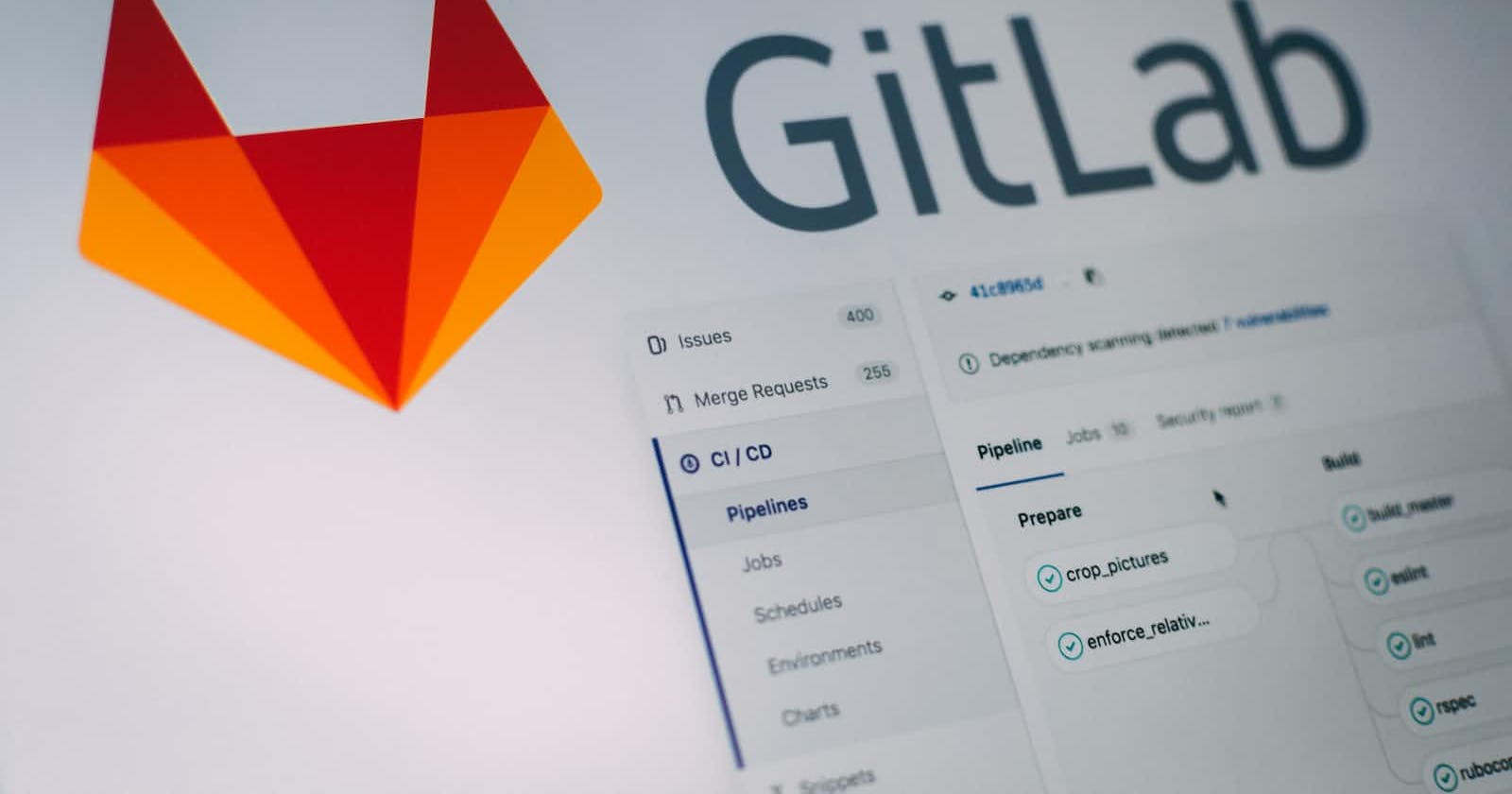Hello there!
Welcome to Day 1 of our exciting 30-day journey where we are going to dive into the world of GitLab's Continuous Integration/Continuous Deployment (CI/CD). By the end of this series, you'll not only be familiar with what GitLab CI/CD is, but you'll also be able to utilize its features effectively, enabling you to automate the software development workflow. But first, let's start with the basics.
What is GitLab?
GitLab is an open-source web-based platform that provides a comprehensive range of features including source code management, project planning, and continuous integration/continuous deployment. It offers a unified interface that enables teams to work collaboratively on projects, reducing the need for multiple tools and thus improving overall productivity.
What is CI/CD?
CI/CD stands for Continuous Integration and Continuous Deployment.
Continuous Integration (CI): This is a software development practice where developers regularly merge their changes into a central repository, after which automated builds and tests are run. The main objectives of CI are to catch issues early and reduce integration problems which can help developers save time, increase project visibility, and allow faster delivery of software features.
Continuous Deployment (CD): This is a step up from Continuous Integration, where every change in the software that passes the automated tests is automatically deployed to production. The key goal here is to release new features, updates, and bug fixes to customers as quickly as possible, ensuring a high level of software quality at all times.
Why is GitLab CI/CD Important?
In a traditional software development model, the process of moving software from source code to a production environment is often manual, slow, error-prone, and inefficient. With GitLab CI/CD, this process is streamlined and automated. It provides a robust, flexible, and efficient way to handle your project's lifecycle, from development to production, which is crucial in today's fast-paced technology world.
By using GitLab CI/CD, developers can:
Easily maintain code quality by catching issues early in the development process.
Reduce the time to market by automating the process from development to deployment.
Enhance collaboration among team members, making it easier to manage and scale projects.
Increase transparency and visibility across the project lifecycle.
Deliver a reliable product by ensuring that the deployed software is tested and functional.
This is just the tip of the iceberg when it comes to the importance and benefits of GitLab CI/CD.
Starting from tomorrow, we'll be getting our hands dirty with setting up GitLab for your projects, creating a GitLab CI/CD pipeline, running CI/CD pipelines, and much more. So, stay tuned!
Remember, the best way to learn is by doing. Don't hesitate to set up your GitLab account and experiment along with us.
See you tomorrow! :)

